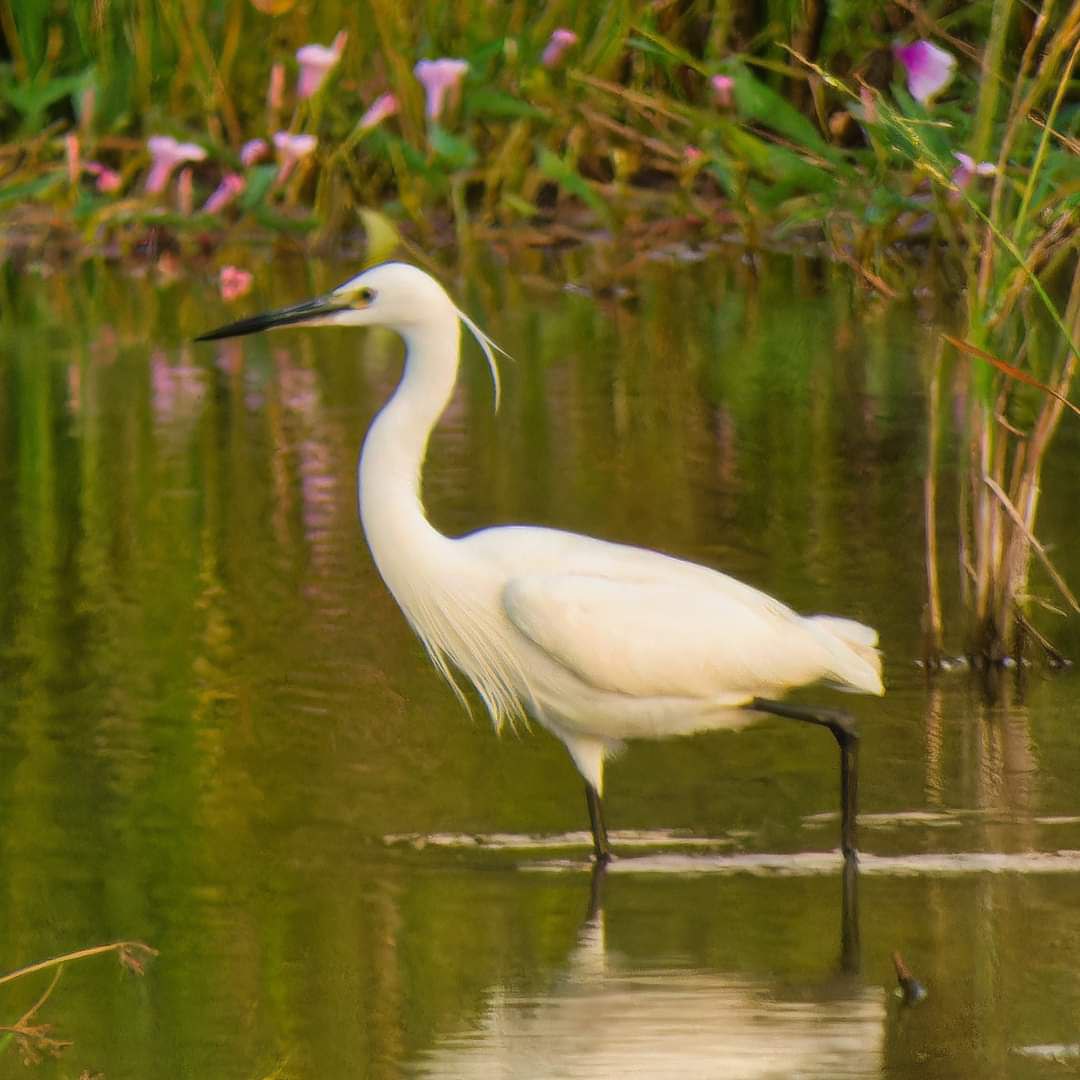
October 07, 2024 Monday

Little Egret.
Photo courtesy: WildSiargao Facebook Page.
Traveling thousands of miles and connecting ecosystems across the globe, migratory birds are vital in sustaining the health of our planet. Their incredible journey highlights the wonders of nature and reminds us of the delicate balance they help maintain in the environment.
Migratory birds are species that move between regions and continents in search of food, better climates, and suitable breeding conditions. Many follow specific migration routes called “flyways,” often guided by natural landmarks like mountain ranges, river valleys, or coastlines, which help them navigate across geographic areas.
These birds play a crucial role in keeping ecosystems healthy, particularly by controlling insect populations. Acting as natural pest controllers, they feed on insects, preventing overpopulation that could damage crops and harm agricultural productivity. This ecosystem service is crucial to natural habitats and human food security.
In addition to pest control, migratory birds contribute to pollination, helping plants grow and sequester carbon– critical for combating climate change. By supporting plant biodiversity, they ensure ecosystems function properly and maintain their resilience in the face of ecological changes.
However, these environmental stewards face increasing threats from habitat loss and shrinking food sources. Urbanization and expanding agricultural areas have reduced their natural habitats. Light pollution from cities disrupts their migration patterns, and the widespread use of pesticides diminishes their primary food sources, such as insects.
When insect populations decline, the entire food chain suffers.This weakens the ecological balance and puts added pressure on migratory birds, whose survival depends on a thriving environment. The decline in these birds can serve as a warning signal for broader environmental health issues.
Secretary Robert E.A. Borje, Vice Chairperson and Executive Director of the Climate Change Commission, highlighted the crucial role of migratory birds. "These species are integral to the health of our ecosystem, making it imperative that we take immediate action to ensure their preservation," he stated.
To address these challenges, proactive conservation efforts are needed. Reducing pesticide use, promoting organic and sustainable farming, and preserving natural habitats are crucial steps to protect migratory birds and the ecosystems they support. For example, creating wildlife corridors and maintaining safe nesting grounds can provide them with the shelter they need during their journeys.
Moreover, reducing gas emissions and embracing sustainable practices can help mitigate the effects of climate change, such as extreme weather events like tropical cyclones and droughts that further threaten these birds’ habitats. Protecting migratory birds ultimately means safeguarding the natural systems on which we all depend.
World Migratory Bird Day is celebrated every second Saturday of May and October, emphasizing the positive participation in raising awareness about the importance of these remarkable creatures and the environments they rely on. It offers individuals and communities an opportunity to take part in protecting migratory birds through small yet impactful actions, from planting trees to reducing light pollution.
Migratory birds are more than just travelers. They are vital to our planet’s health. By ensuring their survival, we also protect the intricate web of life that sustains us all.